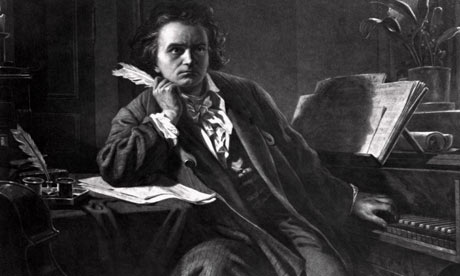
I recently ripped a Messiaen CD I found at the library. Two nights ago, I decided to listen to a bit of it, specifically his “Préludes pour Piano.” Apparently this is one of his first compositions. I was intrigued by it and am planning to order a copy.

Yesteday, I was reading about this piece in Peter Hill’s “The Messiaen Companion.” I have the Hope library copy checked out and decided it would be a good thing to own so I went on Amazon and ordered a used copy for $20. Noticing that the rest of the prices for this book are incredibly expensive, this morning I recalled that I had previously priced copies of this book and decided it wasn’t really worth $550 new or even 89.95 used “collectible”. Good grief. I guess I just lucked in to a cheap copy yesterday. Or it’s not the right book. Anyway I ordered it and will know soon.
What I especially like about this book is so far the articles I have read are by performing musicians.

This sort of take on music is a bit different from the musicological one. Much more helpful to me.

I especially like Dame Gillian Wier’s article on Organ music (That’s her in the pic above). I am reading it and contemplating learning a movement of Messiaen’s Pentecost Suite…. probably the last movement. I am examining an interlibrary loaned copy of it at the moment.
Anyway
This caught my attention yesterday:
“So what’s going on here? Why are paychecks heading for the stratosphere again? Claims that firms have to pay these salaries to retain their best people aren’t plausible: with employment in the financial sector plunging, where are those people going to go?
No, the real reason financial firms are paying big again is simply because they can.”
from “Money for Nothing” by Paul Krugman, NYT
This is my suspicion.

That the real reason behind business is selfish greed and not some sort of “contribution to society” or other idealistic folderol. For what it’s worth, I think most of us (or most of me) struggles with disguising our own selfish motives with rationals and denials like “contribution to society” or “just trying to help” or whatever. Anyway, good article from one of my favorite NYT columnists.
Also was reading the monthly letter from Eileen Guenther (current prez of the American Guild of Organists)
She mentioned the book, “The Wisdom of Crowds” by James Surowiecki. Guenther writes that Surowiecki “aruges that ‘A large group of diverse individuals will come up with … more intelligent decisions than even the most skilled “decision maker.”‘” Surowiecki writes for the New Yorker and his book intrigues me as an balance to expertitus and elitism. So I ordered a cheapo (3.99) copy.

The online excerpt is the beginning of the book, where he uses “Who Wants to be a Millionaire” to illustrate his basic idea. While admitting it’s not a scientific sample, Surowiecki points out that group intelligence (audience) beats out individual intelligence (contestants and experts on the phone) by many percentage points on average. The TV studio audience comes up with correct answer 91% of the time. Whereas, “Experts” are right 65% of the time. Heh.

I am interested in this idea not because I think groups are smarter than individuals, but because I think factoring in group wisdom is important.

Plato’s notion that the majority of the people are apt to be wrong has always bothered me a bit with its underlying snide implication. Of course many things bother me about Plato’s notions anyway. In this case I like Lincoln’s “You can fool some of the people all of the time, and all of the people some of the time, but you can not fool all of the people all of the time.”

But whatever.

I’ll bet your library is mind-boggling.